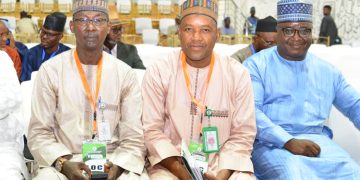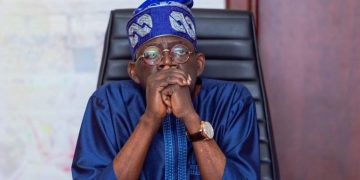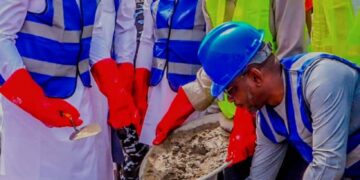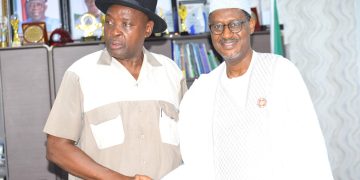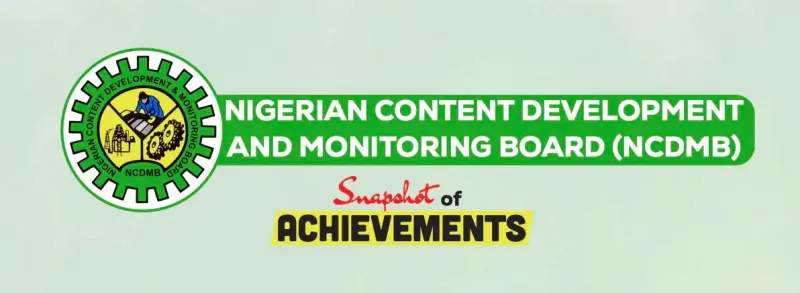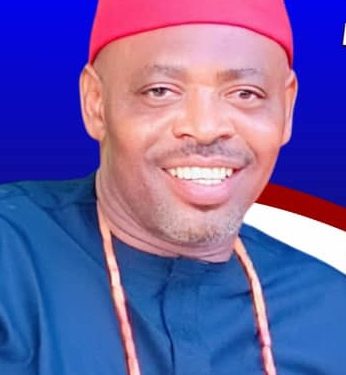In many Igbo communities, the construction of a village home is not a display of luxury but a cultural obligation deeply tied to heritage, identity, and retirement security. It symbolizes success, provides a sense of belonging, and offers a retreat from the chaos of urban life. Yet, for Mr. Pius Nwankwo, Head of ICT at the Independent National Electoral Commission (INEC), Abia State, this cultural tradition has become the source of a political and legal storm.
Mr. Nwankwo, a Deputy Director at INEC with over 26 years of public service, is facing accusations of “living above his means” following the construction of his ancestral home in Enugwu-Agidi, Anambra State. After 24 years of dedicated service as a civil servant, he was finally able to build his retirement home. According to the petition allegedly filed with the Economic and Financial Crimes Commission (EFCC) by stakeholders loyal to Mr. Ebuka Onuora, the embattled current President-General of Enugwu-Agidi, Mr. Nwankwo’s modest project was portrayed as evidence of flamboyance and corruption.
Contrary to the allegations, Mr. Nwankwo’s record reflects a long career built on education, professionalism, and modest living. He holds a BSc in Computer Science, an MSc in Computer Science, and professional memberships in the Nigerian Institute of Management (Chartered) and the Computer Professionals Registration Council of Nigeria (CPN). He is also a Microsoft Certified Professional (MCP).
Despite his qualifications, he insists he has lived a simple life, one centered on service and family. His wife, a successful entrepreneur, runs a chain of restaurants across the Southeast and South-South, contributing significantly to the family’s financial stability.
In an interview, Mr. Nwankwo explained that the bulk of the funding for his home came not from corruption but from personal and family contributions, alongside support from allies. He revealed that Senator Orji Uzor Kalu, former governor of Abia State, provided over 80% of the financial assistance for the construction.
“Building a home in the village is one of the responsibilities of a great Igbo person,” Mr. Nwankwo said. “It is about heritage and a final resting place for one’s family after years of service to the nation. This would not have been possible without Senator Kalu’s support and the contributions from my wife and myself.”
Observers note that the petition against Mr. Nwankwo coincides with his decision to contest the President-General position of Enugwu-Agidi in December 2025. He alleges that his rivals, particularly those aligned with Mr. Onuora, orchestrated the allegations as a form of political intimidation.
“They want to tarnish my reputation because I have shown interest in bringing back peace to Enugwu-Agidi,” he said. “But I have nothing to hide. Let them write petitions to any authority; I am confident in my integrity.”
Beyond defending himself, Mr. Nwankwo accused Mr. Onuora of intimidation, harassment, and financial exploitation of villagers. He alleged that Mr. Onuora has been collecting money from land sales in the community for personal gain rather than for the benefit of the Enugwu-Agidi Brotherly Union.
He further noted that unlike previous President-Generals who were career men that elevated Enugwu-Agidi’s status in Anambra State and Nigeria, Mr. Onuora has no other livelihood outside his position. “Ebuka Onuora has frustrated the people of Enugwu-Agidi long enough. Enough is enough; the community must be liberated from his grip,” he declared.
Mr. Nwankwo acknowledged the EFCC’s mandate to investigate, prosecute, and penalize financial crimes. However, he warned that if the petitions prove false, he would pursue legal action for malicious falsehood, conspiracy to make false accusations, and defamation.
“Enough of Ebuka Onuora’s intimidation,” he said firmly. “If these claims are false, I will sue both individuals and groups behind them. The law must protect citizens from malicious accusations aimed at destroying years of integrity.”
Under the Nigerian Criminal Code Act, conspiracy to make false accusations is a felony. Victims of defamation may also seek civil remedies for reputational damage.
At its heart, the controversy reflects an ongoing power struggle within Enugwu-Agidi. The upcoming December 2025 election for President-General will be decisive in determining whether the community returns to what Mr. Nwankwo describes as “the peaceful state it was before Ebuka Onuora forcefully took over.”
As the EFCC considers the petition and the community prepares for a critical vote, the case of Mr. Pius Nwankwo highlights how cultural traditions like building a village home can be weaponized in political rivalries. For him, the ancestral home is not a monument to corruption but a testament to heritage, family, and a life of service.
About the author
Daniel Okonkwo is a seasoned writer, human rights advocate, and public affairs analyst, renowned for his thought-provoking articles on governance, justice, and social equity. Through his platform, Profiles International Human Rights Advocate, he sheds light on pressing issues affecting Nigeria and beyond, amplifying voices that call for accountability and reform. He is also a professional transcriptionist and petition writer, with over 1,000 published articles on Google. His works have been featured in Sahara Reporters and other major news outlets. In addition, he works as a ghostwriter, freelancer, and Journalist.











